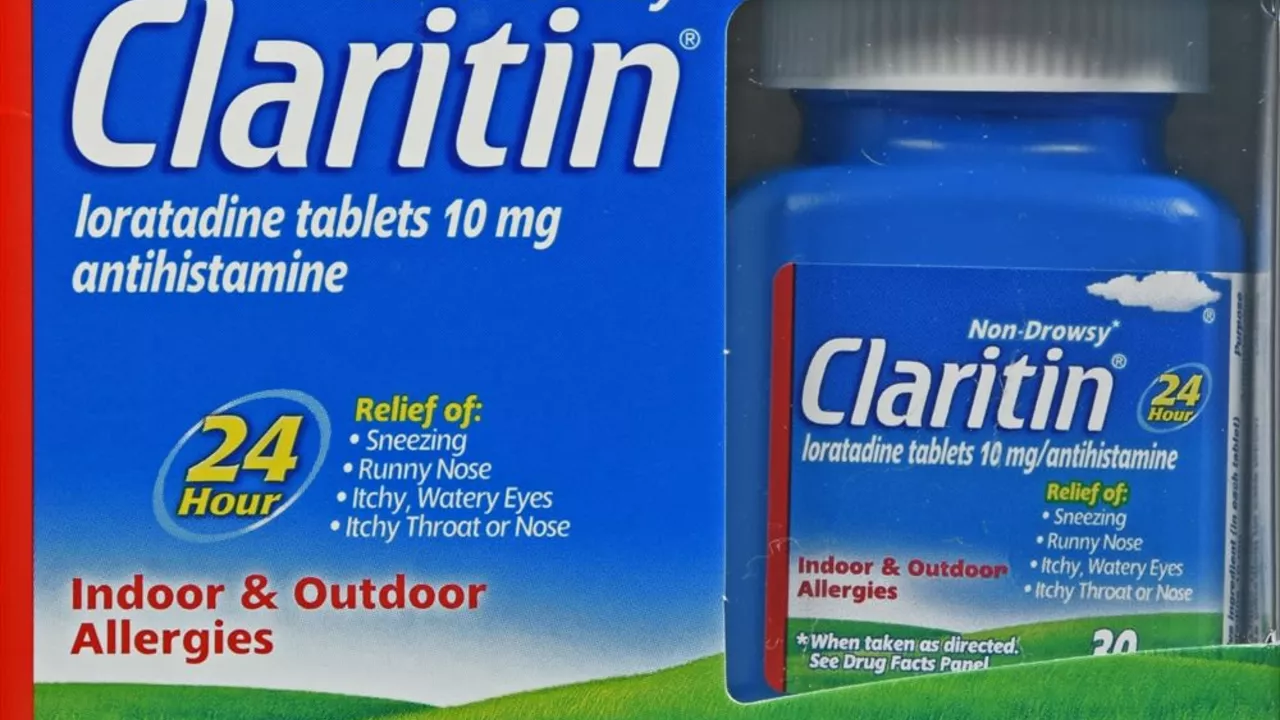Loratadine: Non-drowsy allergy relief you can count on
Loratadine is a popular over-the-counter antihistamine for hay fever, sneezing, itchy eyes, and runny nose. People pick it because it usually won’t make you sleepy. If you want fast, simple relief without grogginess, loratadine is a solid option — but there are some things worth knowing before you take it.
How loratadine works & dosing
Loratadine blocks histamine, the chemical your body releases during an allergic reaction. That reduces sneezing, itching, watery eyes, and a runny nose. It starts working in about 1–3 hours and lasts roughly 24 hours, so one dose a day is enough for most adults.
Standard dosing: adults and children 6 years and older take 10 mg once daily. For children 2–5 years, the usual dose is 5 mg once daily (often given as syrup). Don’t give loratadine to children under 2 unless a doctor says it’s okay. Always check the product label and follow instructions — formulations and concentrations can vary.
Safety, side effects, and interactions
Common side effects are mild: headache, dry mouth, and occasional stomach upset. Drowsiness is less common than with older antihistamines, but it can still happen in some people. If you feel sleepy, avoid driving or operating machines.
Talk to your doctor or pharmacist before taking loratadine if you have liver or kidney problems — dose changes may be needed. Also mention any other meds you take. Drugs that affect liver enzymes (like ketoconazole, erythromycin, or cimetidine) can raise loratadine levels. Avoid combining loratadine with other antihistamines or sedatives unless advised by a clinician.
Pregnancy and breastfeeding: don’t assume safety. Many providers consider loratadine acceptable in pregnancy, but ask your healthcare professional before using it while pregnant or nursing.
When to see a doctor: if you have trouble breathing, swelling of the face or throat, or any signs of a severe allergic reaction, get emergency care. Also see a doctor if symptoms don’t improve with OTC loratadine or if you need it every day for months.
Practical tips: take loratadine at the same time each day for consistent control. If seasonal allergies hit at night, a morning dose usually works best; if you notice any drowsiness, try taking it in the evening instead. Store tablets in a cool, dry place and check expiry dates.
Buying online: choose pharmacies with clear contact details, verifiable reviews, and secure checkout. Look for products that list the active ingredient (loratadine) and match standard doses. Don’t buy from sites that hide prices, force strange payment methods, or can’t show where they ship from.
If you want more on allergy medicines, dosing, or safe online pharmacies, search our site or ask a pharmacist. Small choices — the right dose, a reputable seller — make a big difference in how well loratadine works for you.

